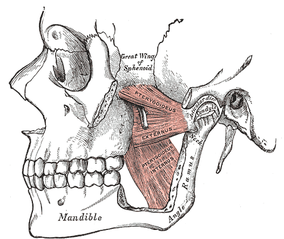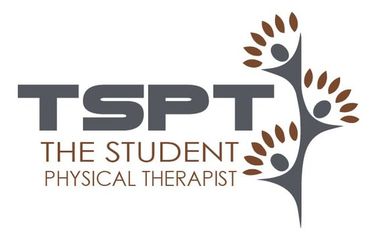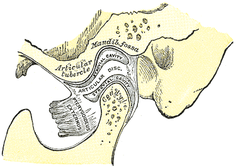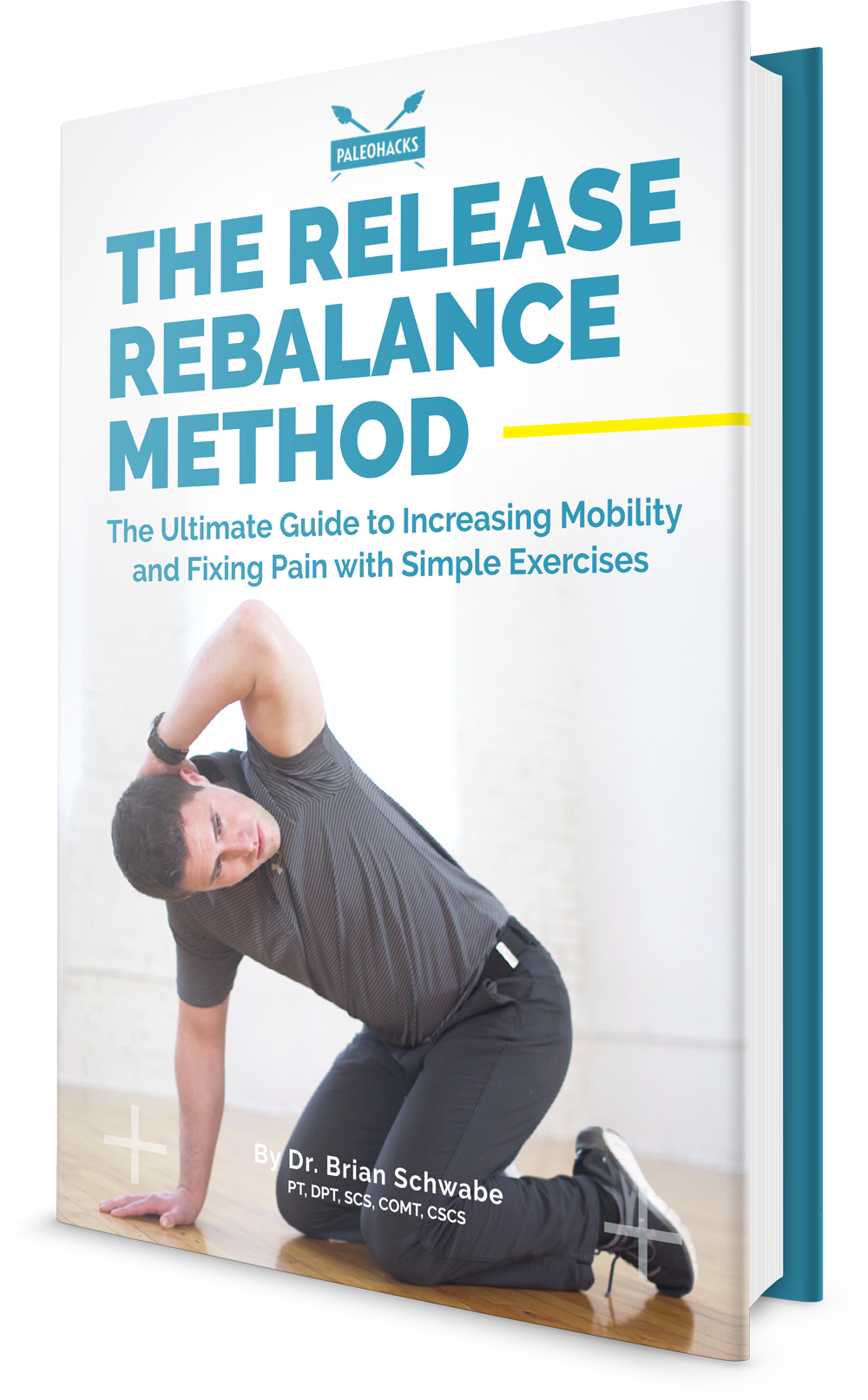- Home
- About Us
- TSPT Academy
- Online Courses
-
Resources
- Newsletter
- Business Minded Sports Physio Podcast
- Day in the Life of a Sports PT
- Residency Corner
-
Special Tests
>
-
Cervical Spine
>
- Alar Ligament Test
- Bakody's Sign
- Cervical Distraction Test
- Cervical Rotation Lateral Flexion Test
- Craniocervical Flexion Test (CCFT)
- Deep Neck Flexor Endurance Test
- Posterior-Anterior Segmental Mobility
- Segmental Mobility
- Sharp-Purser Test
- Spurling's Maneuver
- Transverse Ligament Test
- ULNT - Median
- ULNT - Radial
- ULNT - Ulnar
- Vertebral Artery Test
- Thoracic Spine >
-
Lumbar Spine/Sacroiliac Joint
>
- Active Sit-Up Test
- Alternate Gillet Test
- Crossed Straight Leg Raise Test
- Extensor Endurance Test
- FABER Test
- Fortin's Sign
- Gaenslen Test
- Gillet Test
- Gower's Sign
- Lumbar Quadrant Test
- POSH Test
- Posteroanterior Mobility
- Prone Knee Bend Test
- Prone Instability Test
- Resisted Abduction Test
- Sacral Clearing Test
- Seated Forward Flexion Test
- SIJ Compression/Distraction Test
- Slump Test
- Sphinx Test
- Spine Rotators & Multifidus Test
- Squish Test
- Standing Forward Flexion Test
- Straight Leg Raise Test
- Supine to Long Sit Test
-
Shoulder
>
- Active Compression Test
- Anterior Apprehension
- Biceps Load Test II
- Drop Arm Sign
- External Rotation Lag Sign
- Hawkins-Kennedy Impingement Sign
- Horizontal Adduction Test
- Internal Rotation Lag Sign
- Jobe Test
- Ludington's Test
- Neer Test
- Painful Arc Sign
- Pronated Load Test
- Resisted Supination External Rotation Test
- Speed's Test
- Posterior Apprehension
- Sulcus Sign
- Thoracic Outlet Tests >
- Yergason's Test
- Elbow >
- Wrist/Hand >
- Hip >
- Knee >
- Foot/Ankle >
-
Cervical Spine
>
- I want Financial Freedom
- I want Professional Growth
- I want Clinical Mastery
 My clinic recently had an inservice by a dentist about restricted airways and the possible contribution to TMJ dysfunction. As physical therapists, we are seeing an increase in the amount of referrals for Temporomandibular Dysfunction (TMD), due to its relation to cervical issues. Long have we known about the link between forward head posture and decreased diameter for our airways. This is typically treated with postural education. Another component of TMD includes parafunctional habits, such as chewing gum, bruxting, and grinding teeth. Dentists treat this with relaxation training and mouth guards when sleeping. But why do people grind their teeth? In the lecture, the dentist reported that a lot of the recent research suggests there is a link between disturbed sleep and TMD. With the abnormal sleep patterns, there is increased muscle activity, including the TMJ muscles. This activity may include grinding of the teeth, which is why the night guards are often prescribed. But are we treating the symptom or the cause? There are theories that the sleep patterns become dysfunctional due to a lack of oxygen. Restricted nasal passages are often overlooked. Try breathing through one nostril and see if there is a difference compared to the other side. This or a restricted air passageway in the neck could be significant contributions that we cannot treat. This leads us back to the discussion about night guards. With the presence of a night guard, the tongue is positioned in a way that increases the airway restriction. In treating the symptom, we may actually be worsening the disorder. With the impact sleep (or lack thereof) has on all diseases and things like chronic pain, we have to regularly review and improve upon our treatment of any disorder that can affect sleep. If you come across any patients with TMD, be sure to ask about any breathing issues or waking up out of breath. These patient in particular may benefit from referral to a ENT physician or at least a dentist that is skilled in treating TMD. -Chris Like this post? Then check out the Insider Access Page for advanced content! And check out similar posts below!
4 Comments
7/16/2023 10:43:34 am
Allaince Francaise USA is the largest network of French language and cultural centers in the world, Alliance Francaise USA. Our mission is to promote awareness of Francophone language and culture, offer French learning opportunities, provide guidance and services to chapters, uphold good governance principles, and act as a link between French institutions.
Reply
9/8/2023 03:16:56 am
Obstructed airways and TMJ dysfunction often share a surprising link. Conditions like sleep apnea, which obstruct air passages, can contribute to jaw issues like TMJ dysfunction. Disrupted sleep due to breathing problems can lead to clenching or grinding of teeth, aggravating TMJ symptoms. For effective relief, addressing both airway obstruction and TMJ dysfunction is crucial.
Reply
9/12/2023 07:45:36 pm
The presence of a Widow's Peak Hairline is primarily determined by genetics, with its inheritance being a dominant genetic trait. If either of your parents possesses this distinctive hairline, chances are you will too. Widow's peaks can exhibit various degrees of prominence and placement on the forehead, making them unique to each individual. This trait is not confined to a specific gender, as both men and women can have a Widow's Peak Hairline. Importantly, it is a natural variation and not indicative of hair loss or a medical condition. People often choose diverse hairstyles, either highlighting or concealing their Widow's Peak, reflecting the acceptance and diversity of this genetic feature. In cases of genuine hair loss concerns, consulting a healthcare provider or dermatologist is recommended for proper assessment and guidance.
Reply
9/28/2023 07:42:43 am
Obstructed airways and TMJ dysfunction are interconnected health issues that can significantly impact one's well-being. When the air passages become blocked due to conditions like sleep apnea or allergies, it can lead to chronic clenching or grinding of the teeth, exacerbating TMJ (temporomandibular joint) problems. This link between respiratory problems and TMJ dysfunction underscores the importance of addressing both issues simultaneously for holistic health improvement.
Reply
Leave a Reply. |
Dr. Brian Schwabe's NEW Book in partner with PaleoHacks!
Learn residency-level content on our
Insider Access pages We value quality PT education & CEU's. Click the MedBridge logo below for TSPT savings!Archives
July 2019
Categories
All
|








 RSS Feed
RSS Feed